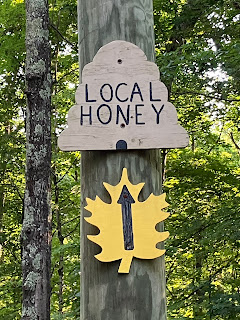Tiempos Gramaticales 1- Verb Tenses
Futuro simple: se utiliza cuando se planea una acción para el futuro.
Sujeto + la forma del verbo "to be" + going + la forma infinitivo del verbo + complemento.
I am going to call you tomorrow.
You are going to listen to music later.
We are going to study English every week.
Presente progresivo: se utuliza para una acción que está sucediendo ahora mismo.
Sujeto + la forma del verbo "to be" +verbo + -ing + complemento.
I am eating my lunch.
She is reading a book.
You are watching T.V.
Pasado simple: se utiliza para una acción que comenzó y terminó en el pasado.
Sujeto + el verbo en pasado + complemento.
Agregar "-ed" a la base de un verbo regular o en el caso de los verbos irregulares, usar la forma del pasado simple.
I ate breakfast at 8 o'clock.
You watched the movie yesterday afternoon.
He drank milk with his dinner.
Simple future (to be + going + infinitive) - facts, scheduled events and plans in the future
Present progressive (to be + verb + ing) - an action happening in the moment
Simple past - an action that started and ended in the past
regular, irregular
Part 1
to eat
to drink
to read
to write
to watch
to call
to take
to give
to buy
to sell
to open
to close
to listen
Part 2
to go
to come
to sit
to stand
to cook
to ask
to play
to tell
to work
to repair
to study
to bring
to pick up
to put
to meet
Part 3
to drive
to dance
to want
to know
to teach
to visit
to think
to like
to plan
to travel
to talk
to need
to make
to do
Part 4
to sing
to walk
to feel
to cut
to have
to sleep
to send
to run
to see
to wear
to lie
to argue
to help
to pay




Comments
Post a Comment